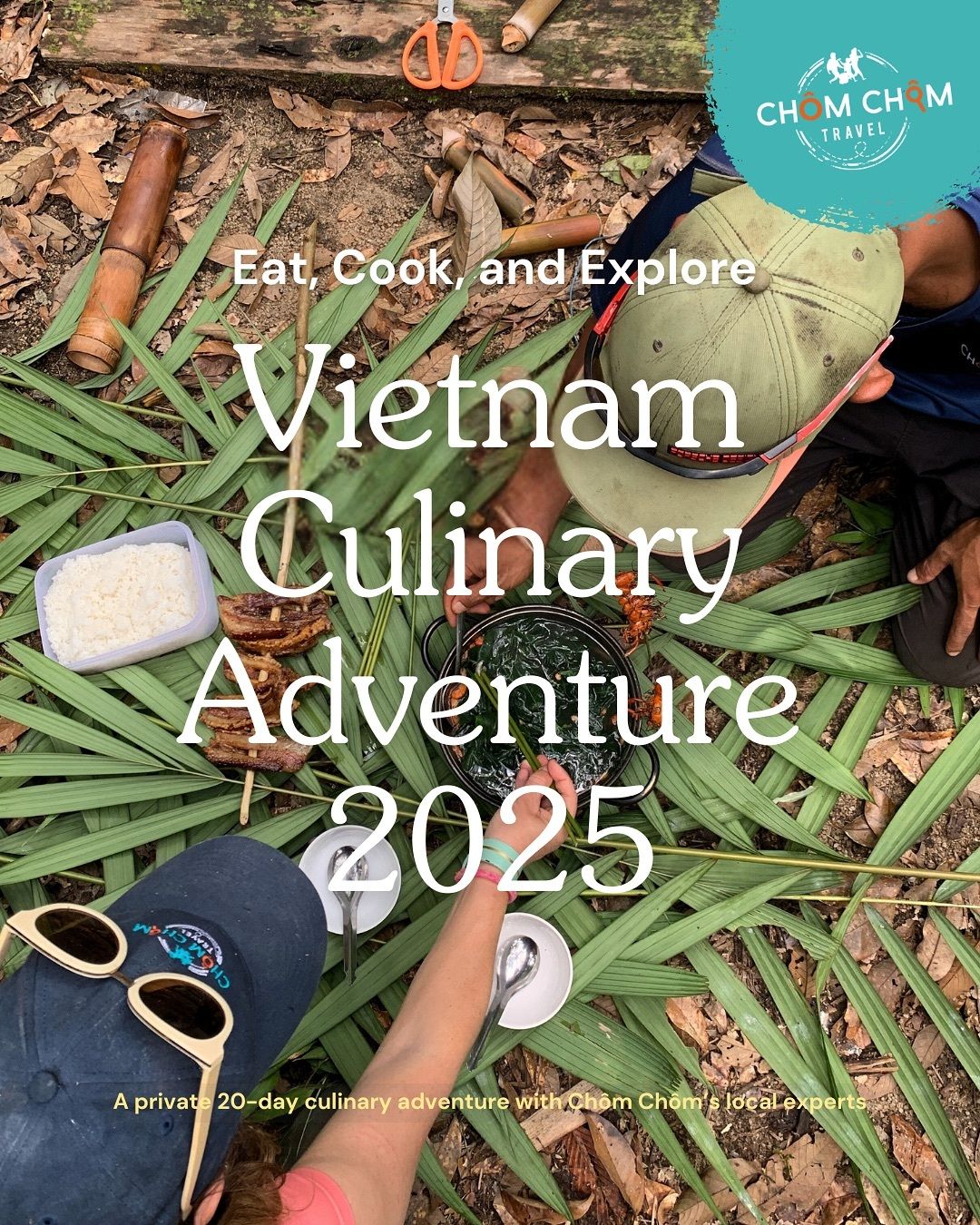- Asia Sustainable Travel
- Posts
- Closing the Sustainability Say-Do Gap in APAC Travel
Closing the Sustainability Say-Do Gap in APAC Travel
Hello, everyone!
The Booking.com 2025 Sustainability Report has been making waves across social media—and for good reason.
For the first time in a decade of research, more than half of global travelers (53%) now consider tourism’s impact on local communities, not just the environment.
Travelers are demanding more: fair wages, cultural respect, and real community benefits.
That’s promising news for sustainability-led travel businesses. But data is just the beginning.
At AST, we love a good report. It gives us a pulse check on traveler expectations and evolving definitions of “responsible tourism.” Still, we often wish more of them came with strategies, not just stats.
If you’re an AST Briefing subscriber, you know we’re not just here to report trends. We’re here to translate them into action.
In this week’s Feature Story, we spotlight businesses across Asia that are not only meeting the demands of today’s eco-conscious travelers, but also thriving in the process. These are brands turning intent into impact and values into bookings.
If you like our content and want to support us, please share this newsletter with your friends to help us grow.
We plant a tree to welcome every new subscriber through our partnership with OneSeed.

Bridging the Sustainability Say-Do Gap in APAC Travel: What Booking.com and Traveloka Reports Reveal
For years, sustainable travel was viewed as a niche, embraced by a small group of eco-conscious consumers and a limited number of businesses offering organic menus, off-grid wellness retreats, and carbon offsets.
But in 2025, the narrative has changed. Sustainability is no longer a fringe priority; it’s a mainstream expectation.
According to Booking.com’s latest global survey, 84% of travelers now consider sustainability important. Homegrown Asian OTA Traveloka echoes this shift: 80% of APAC travelers say they are open to choosing sustainable options, provided they are available and affordable.
More importantly, the definition of sustainability itself is expanding.
Booking.com finds that over half of global travelers (53%) now consider the impact of tourism on local communities, not just the environment. It marks a fundamental shift in how people value travel.
But here’s the catch: intent is high, but action still lags behind, particularly in Asia.
Travelers want to travel better but can’t always find options they trust, afford, or access.
Asia’s Travelers Are Ready to Travel Better
In Southeast Asia, sustainability is gaining traction as part of mainstream travel behavior.
According to Traveloka’s 2025 data, 85% of Thai and 86% of Indonesian travelers say they would choose sustainable options if available.
In Vietnam, that number climbs even higher to 89%. In contrast, Australia (60%), Singapore (64%), and Japan (63%) show lower adoption, with cost and convenience emerging as top obstacles.
Meanwhile, Booking.com offers a complementary global perspective:
77% of travelers seek authentic, locally-rooted experiences.
73% want their spending to benefit local communities.
69% aim to leave destinations better than they found them.
So the demand is clear. The challenge, or opportunity, lies in delivery.
Why Action Lags: Barriers of Availability and Affordability
The gap between intention and action is steep and often driven by structural barriers. Travel behavior in Asia is influenced by local factors like economic disparity, digital maturity, and cultural norms.
In more developed markets like Australia, Japan, and Singapore, travelers struggle with affordability and visibility of eco-conscious options.
Meanwhile, in Indonesia and Thailand, sustainability is often rooted in spiritual or cultural worldviews, yet the availability of legitimate choices remains limited. In Vietnam, lack of access, not willingness, is the biggest challenge.
These nuances point to a critical need: sustainable tourism in Asia must be hyperlocal, not only in product design but also in pricing, distribution, and storytelling.
What Works: Hyperlocal Strategies, and Transparent Storytelling and Partnership
1. Collaborate Locally to Build A Resilient Supply Chain
Across Asia, a growing number of success stories prove that locally rooted innovation leads to scalable impact.
When travel brands shift their development efforts away from imported models and toward a community-driven approach, they create products that are both culturally authentic and economically inclusive.
At the onset of Desa Potato Head’s sustainability journey, the property made a decisive shift: replacing imported goods with locally sourced and recycled materials, from building hardware to food and beverage supplies.
That pivot not only reduced the hotel’s carbon footprint but also sparked a wider movement among Bali’s hospitality industry, inspiring peers to rethink waste, procurement, and partnerships.


Photos by Desa Potato Head
2. Build Value-Driven, Locally Relevant Experiences
For price-sensitive travelers, slashing rates may not be the answer. It may as well start a race to the bottom. The winning strategy is to add value through curated, sustainability-led experiences that connect emotionally with travelers.
That means bundling certified stays, low-impact transport, and immersive activities that are tailored to the target audience’s travel motivations.
Brands like EXO Travel, Chom Chom Travel, Ayu in the Wild, and Khiri Travel have found success with participatory experiences, from forest restoration to culinary tours.
These experiences are the stories travelers want to take home, talk about, and relive. And increasingly, they’re the kinds of experiences travelers are willing to pay more for.

Photo by Chom Chom Travel
3. Humanize Sustainability: Stories and Trust Sell
In today’s digital ecosystem, every brand can claim to be green. But savvy travelers are no longer swayed by vague pledges. They want proof and a story that resonates.
This is where authentic storytelling and high-impact partnerships make the difference.
→ More storytelling guidance by AST:

Join us at the AST Forum in Ha Noi on June 5, 2025
…to connect, collaborate, and lead the future of sustainable travel.
We are finalizing a few more logistical touches this week, and will open the RSVP process next week.
→ Join our waitlist to receive ann invite to get your pass directly in your inbox next week.
Additionally, speaking and sponsorship opportunities remain open until May 10, 2025.
→ Review the collaboration benefits, and reply to this email to schedule a call with our team to map out your speaking engagement and your brand exposure on AST channels.

Sponsored Content
This newsletter may contain affiliate links. If you click on one and make a purchase, we may earn a commission at no additional cost to you. Our recommendations are based on thorough research and personal experience, and we only promote products and services we genuinely believe in. Thank you for supporting our work.











